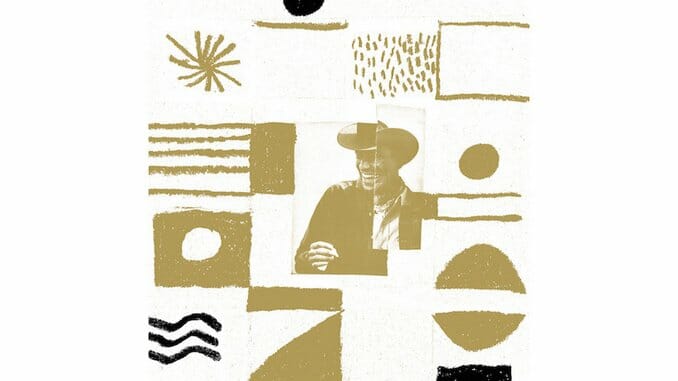Allah-Las: Calico

Noting the tapping into of auditory wormholes from yesteryear is hardly a revelation when talking about a band like the Allah-Las. The Los Angeles quartet positively ooze with the reverbed vibes of Southern California psych rock ‘n’ roll, and continue toying with the template on their third LP, Calico Review.
Recorded at the legendary Valentine Recording Studios, in the bowels of Studio City in LA, Allah-Las immersed their already-written tunes in the aural baths of their idols. The ghost notes of forgotten magnetic tape snippets and the reverberations of Beach Boy harmonic specters permeates the vibe of Calico Review. Utilizing vintage equipment in a room with a lot of recording history, the band—as perhaps the most ardent (or at least celebrated) arbiters of the ‘60s rock revival today—were able to tap into the past in a more obvious way than with their previous two records, 2014’s Worship the Sun and 2012’s self-titled debut. This seemingly obvious placement in a historic studio gives songs like “Satisfied” and “High and Dry” the extra warmth of analog touch to drive the nostalgic overtones to groovy new heights.
If there must be an obvious single from Calico Review, it’s likely “Could Be You.” The third song on the LP resonates as a pure rock ‘n’ roll trope, boiling down six decades of formula to a raucous three-minute scorcher of a track, vocalist Miles Michaud singing, “Did you have to ask yourself while sitting in that bar/if you thought the world was gonna take you very far?/Without you ever knowing where to stand/left reaching in the dark for someone’s hand?”
Songwriting duties were dispersed generously between the four members of the band for Calico Review, making the record their first entirely collaborative jigsaw. This approach helps explain the diagonal trajectories at play on certain songs throughout.
-

-

-

-

-

-

-

-

-

-

-

-

-

-

-

-

-

-

-

-

-

-

-

-

-

-

-

-

-

-

-

-

-

-

-

-

-

-

-

-








































